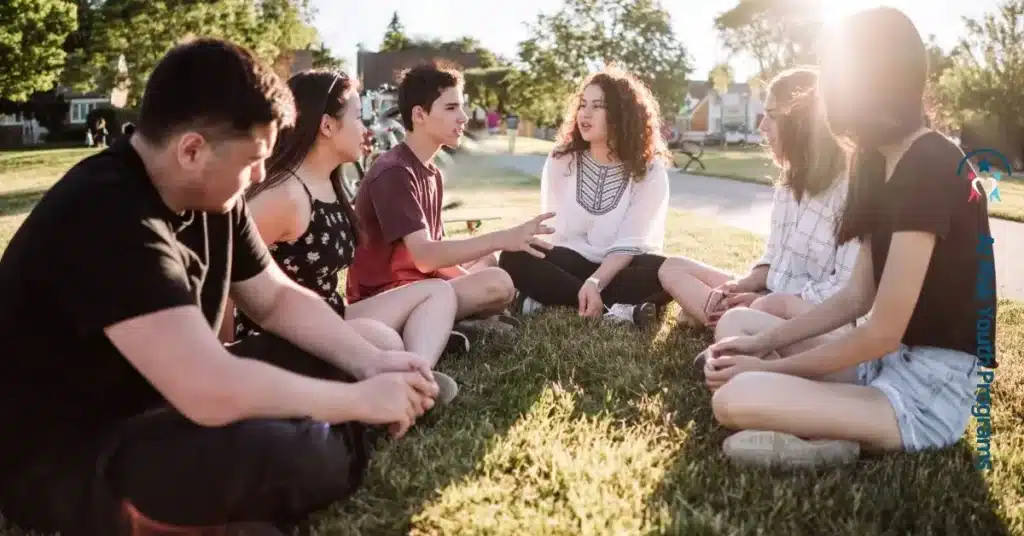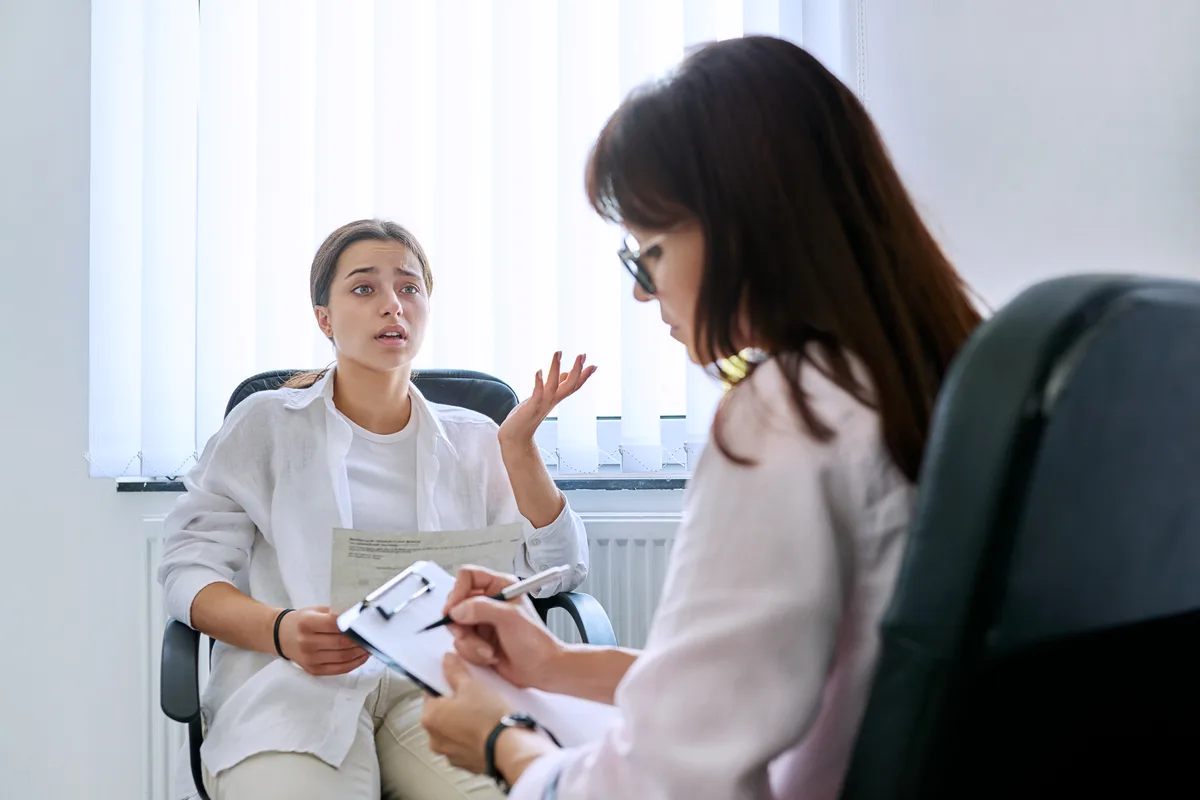24/7 Helpline:
(866) 899-111424/7 Helpline:
(866) 899-1114
Learn more about Group Therapy centers in Brutus

Other Insurance Options

Optima

American Behavioral

Health Partners
Beacon

Sliding scale payment assistance

Molina Healthcare

United Health Care

UMR

Group Health Incorporated

Holman Group

Amerigroup

Absolute Total Care

WellCare Health Plans

BlueShield

Sutter

Providence

Excellus

Multiplan

Ceridian

Aetna




















